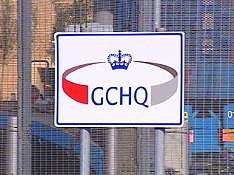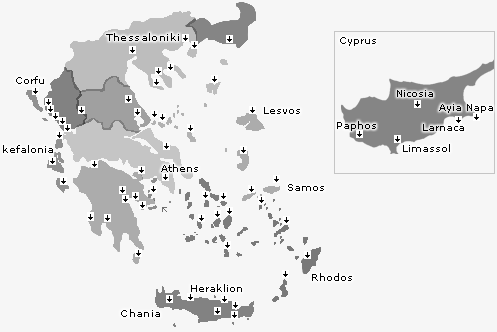By Tolga Cakir
Reverend Jackson Sr visited King’s College London. Reverend Jackson made a historical speech to audience of students, academics and representatives of non-governmental organisations to promote good policing, peace, justice and equal treatment for all.

Reverend Jackson is founder and president of the Rainbow Push coalition, is one of America’s foremost religious and political figures. Over the past forty years, he has played a pivotal role in virtually every movement in the US. President Bill Clinton awarded Reverend Jackson the nation’s highest civilian honour, the Presidential Medal of Freedom, in 2000.
Reverend Jackson called for an end to ‘racial profiling’ and the abuse of police powers to stop and search, which have undermined trust in the police on both sides of the Atlantic. He lunched StopWatch a new coalition of researchers and NGO’ s which has been formed to highlight the abuse of police stop and search powers, to promote good policing and to stimulate research on alternative ways to create safe and peaceful communities.
Some abstracts from Reverend Jackson’s historical lecture
Stop and search public policy is one of the most contentious public issues. Last year alone, 8 million in US and 1 million in UK car stop search took place. Every person has got a right to walk freely without interference of the state furthermore these powers should be used when necessary, proportionate and fair. These fairness should also used in the recently curtailed controversial “section 44” terrorism powers.
Rate of stop and search for Blacks 27 times higher and for Asians 7 times higher than other racial backgrounds.
Being against racial profiling is for police accountability and to increase public trust in the force.
Many lives have been lost by violent crimes; Nazism against Jews is one of them..
Segregation in Africa was one of them.
Nelson Mandela was victim of them.
Many institutions do racial profiling. The leadership in the institutions must be corrected and I believe this must stop, the abuse of “stop and torment us”. For this we need each other. We should all be free and have a right to move freely without any harassment. Democracy promises equality for gender, race and religion.
Christianity is also against racial profiling. We need to change the institutions behaviours, attitudes, laws and justice.
In Britain and in US police racism does exist. UK terrorism act is violated for protesters and religious profiling. This is totally unjust. This builds walls of separation.
We should detect, react and stop this happening.
We should not fear and fight back.
We should learn to live together.
We should fight back for our dream of a new world and new justice.
Keep faith and keep the hope alive.
——————————————————————————————————-
Comments:
Stop Watch: Powers without reasonable suspicion
The focus of community concern has usually been those stop and searches conducted under section 1 of the Police and Criminal Evidence Act (pace), which requires officers to have reasonable suspicion before conducting a stop and search. However, the police are increasingly using other stop and search powers that carry no requirement of reasonable suspicion. These include the recently curtailed controversial “section 44” terrorism powers which allowed police to stop and search people and vehicles in a designated area without individualised suspicion.
Other frequently used powers are those granted under section 60 of the Criminal Justice and Public Order Act 1994, which allow police to stop and search individuals without reasonable suspicion “in anticipation of violence” and schedule 7 of the Terrorism Act 2000, which allows stops in ports and airports for counterterrorism purposes without reasonable suspicion. Police use of these powers has given rise to similar problems as seen on with section 44: arbitrariness, abuse, lack of monitoring and safeguards, and a disproportionate impact on ethnic minorities.
Ben Bowling : The abuse of stop and search has driven a wedge between police and communities
Ben Bowling, Professor of Criminology and Criminal Justice at King’s College London – also a member of StopWatch – said, “The abuse of stop and search has driven a wedge between police and communities. It is often unfair and ineffective and can be counter-productive. StopWatch aims to monitor the use of stop and search powers and focus research and public policy on developing good policing. Together we can find fairer and more inclusive ways of creating a safer society”.
Rob Berkeley: Any reforms announced should be fair and inclusive
Commenting, Rob Berkeley, Director of the Runnymede Trust, a member organisation of StopWatch, said: “Given the government’s current review into policing in the UK, it is crucial that any reforms announced are fair and inclusive – particularly in relation to stop and search. StopWatch intends to act as a check on government as it carries out these reforms, as well as address the stark ethnic disproportionalities in stop and search”
For more information;
Stop Watch
c/o Runnymede Trust
7 Plough Yard
London
EC2A 3LP
Email: [email protected]
Telephone: 0207 377 92 22
Further information can be found at: www.stop-watch.org






